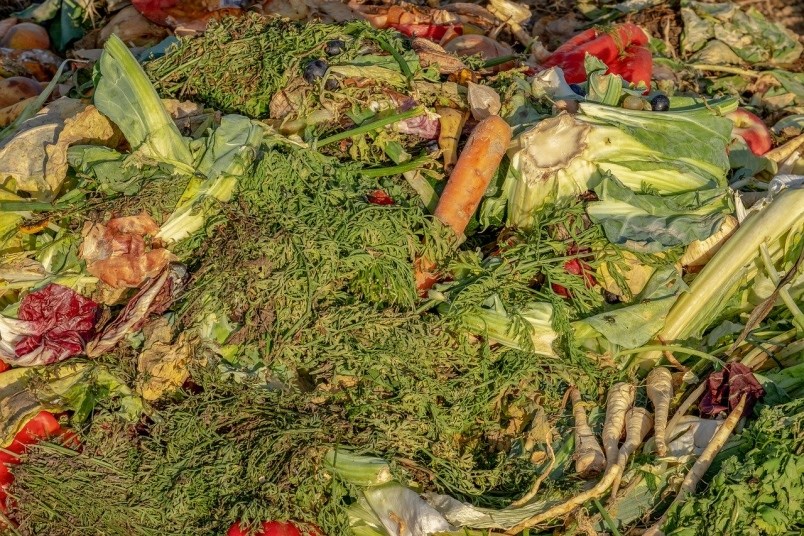A Burnaby city councillor is speaking out about food waste and how it impacts climate change.
Burnaby Coun. Sav Dhaliwal, who is also chair of Metro Vancouver’s board of directors, says putting food scraps like banana peels and eggshells in the green bin is an easy way for Metro Vancouver residents to do their part to reduce greenhouse gas emissions and help mitigate climate change.
When food decomposes in the landfill it creates methane, a potent greenhouse gas. Recycling one tonne of food scraps prevents the equivalent of about 0.4 tonnes of CO2 emissions, while creating valuable compost or bioenergy, said a news release.
“Thanks to the combined efforts of residents, businesses and member jurisdictions, our region is a leader in North America for waste diversion,” said Dhaliwal, in a news release. “Food is not garbage, and the best thing we can do is prevent it from being wasted in the first place. For unavoidable food scraps though, the green bin is more a beneficial option for the environment than the garbage can.”
Between 2015 and 2019, approximately 1.6 million tonnes of organics were diverted from the landfill, reducing greenhouse gas emissions by over half a million tonnes, said Metro Vancouver. The organics recycling rate in Metro Vancouver reached 68% in 2019 and the overall waste diversion rate is now at 64%.
In 2020, the average single-family household in the region generated about 750 kilograms of organics which, if composted, could prevent greenhouse gas emissions equivalent to driving 1,200 kilometres in a typical car, said Metro Vancouver.
When disposing of food scraps, no plastic items should go in the green bin, even if they are labelled “compostable” or “biodegradable.” This includes all plastic bags and cutlery, as well as paper products such as drink cups and take-out containers that have plastic linings. Personal protective equipment, such as gloves or masks, should be bagged and put safely in the trash, not the green bin.



